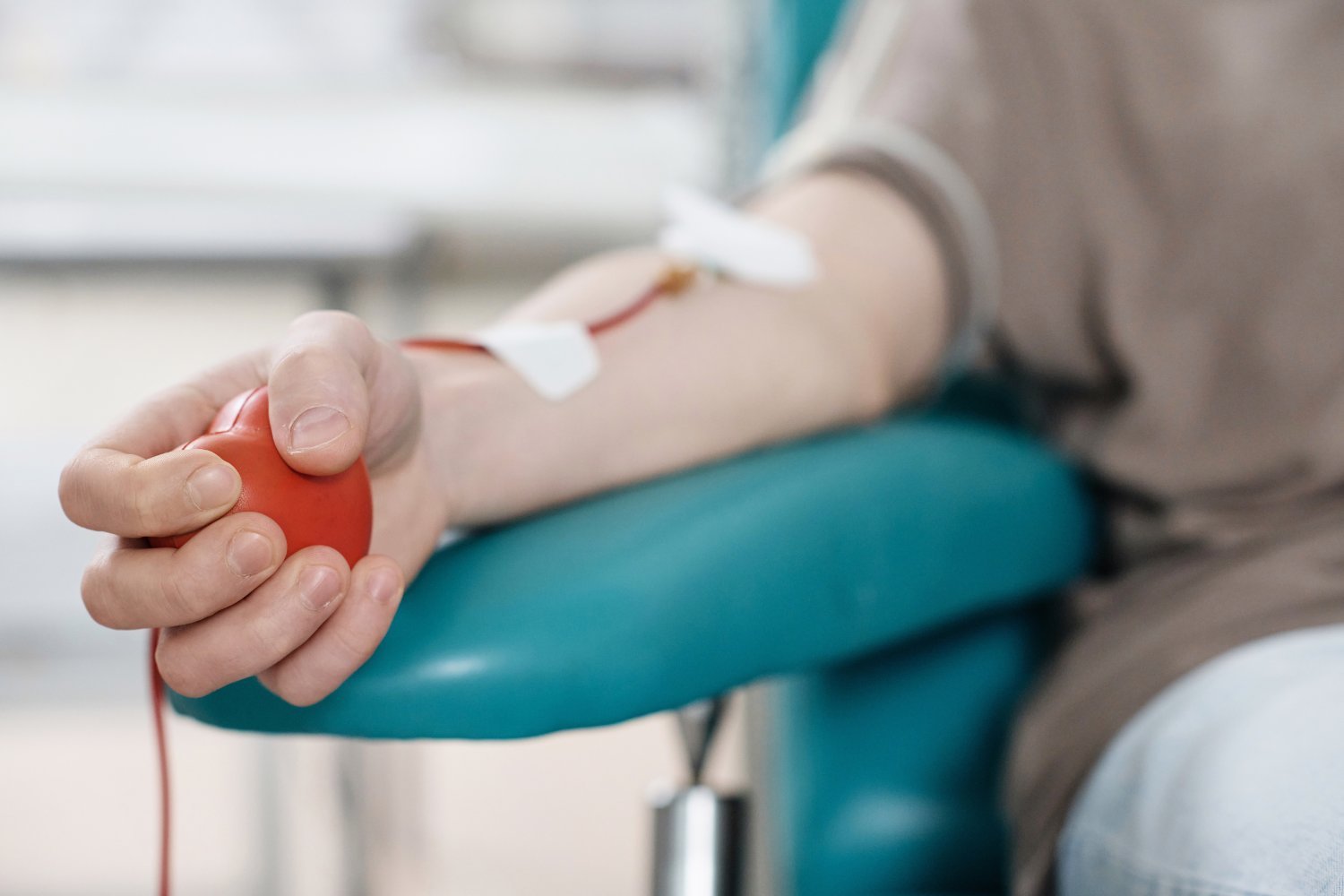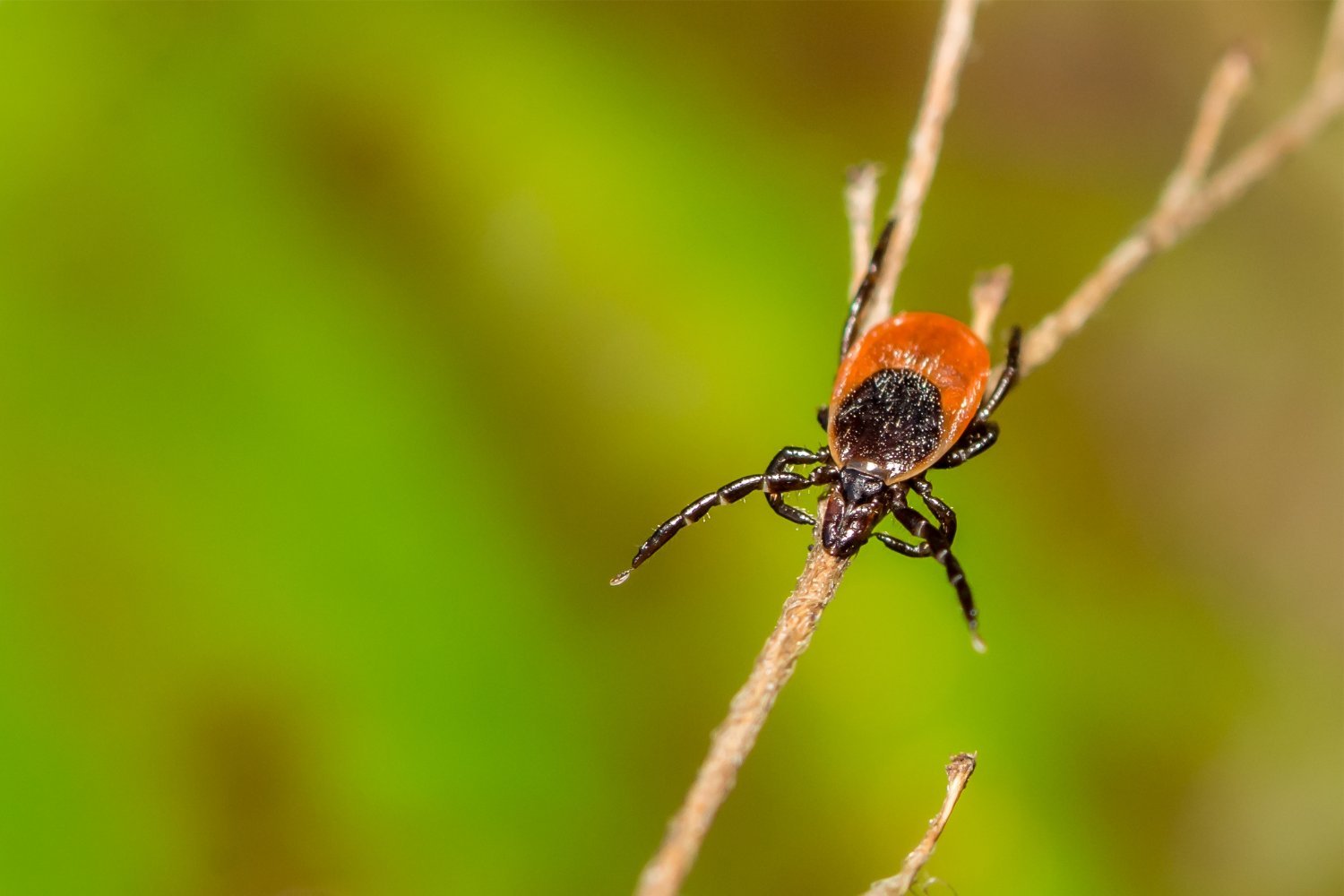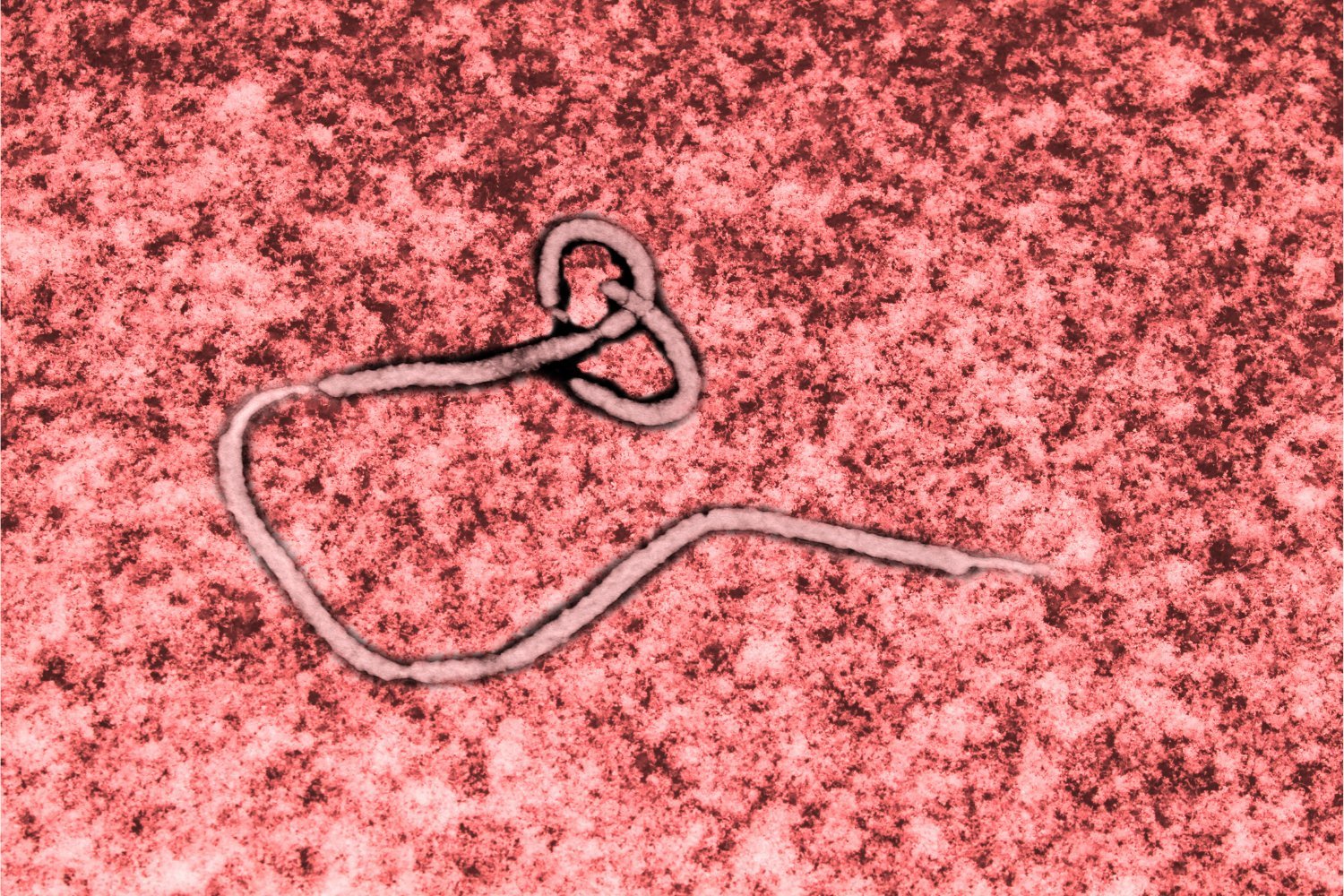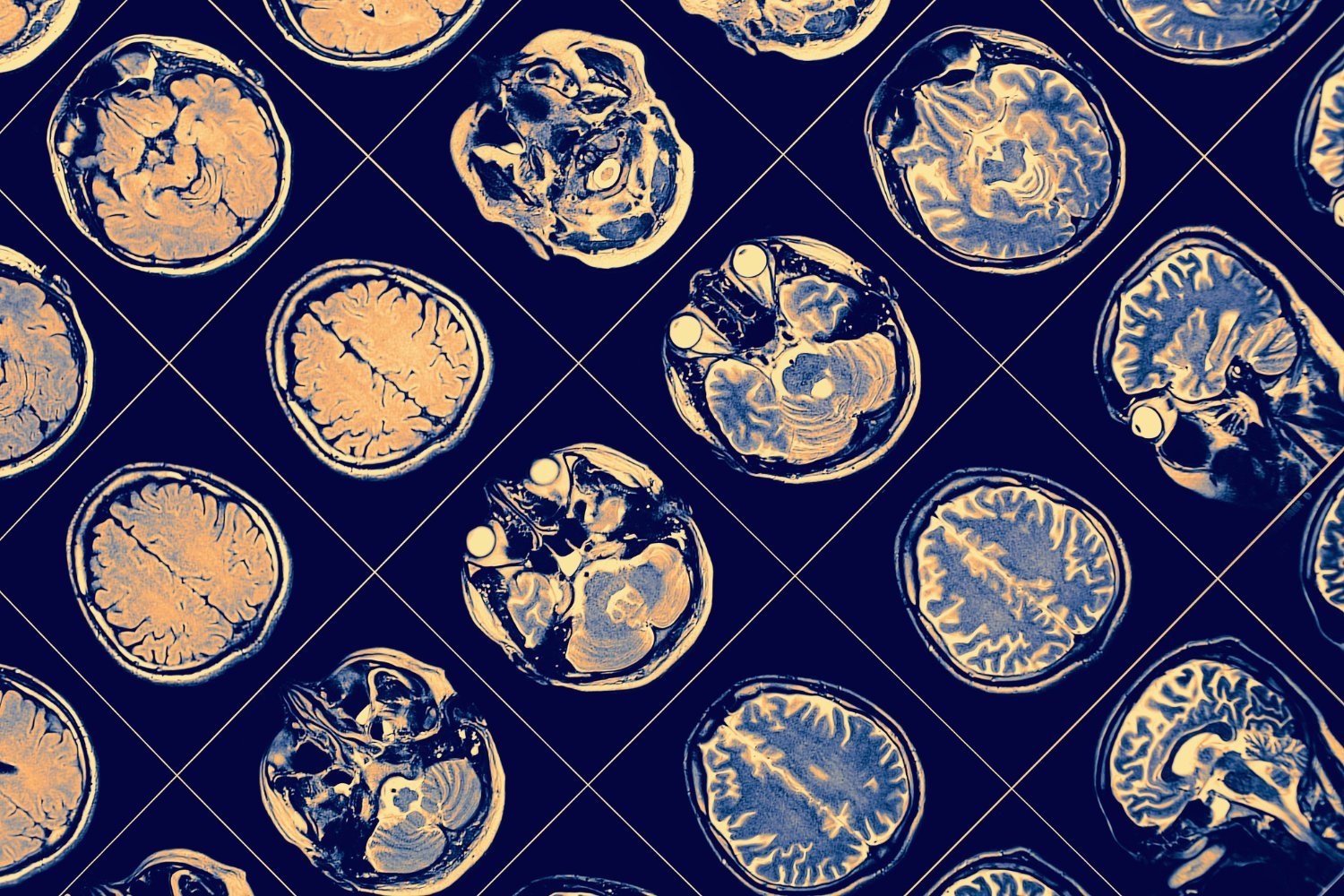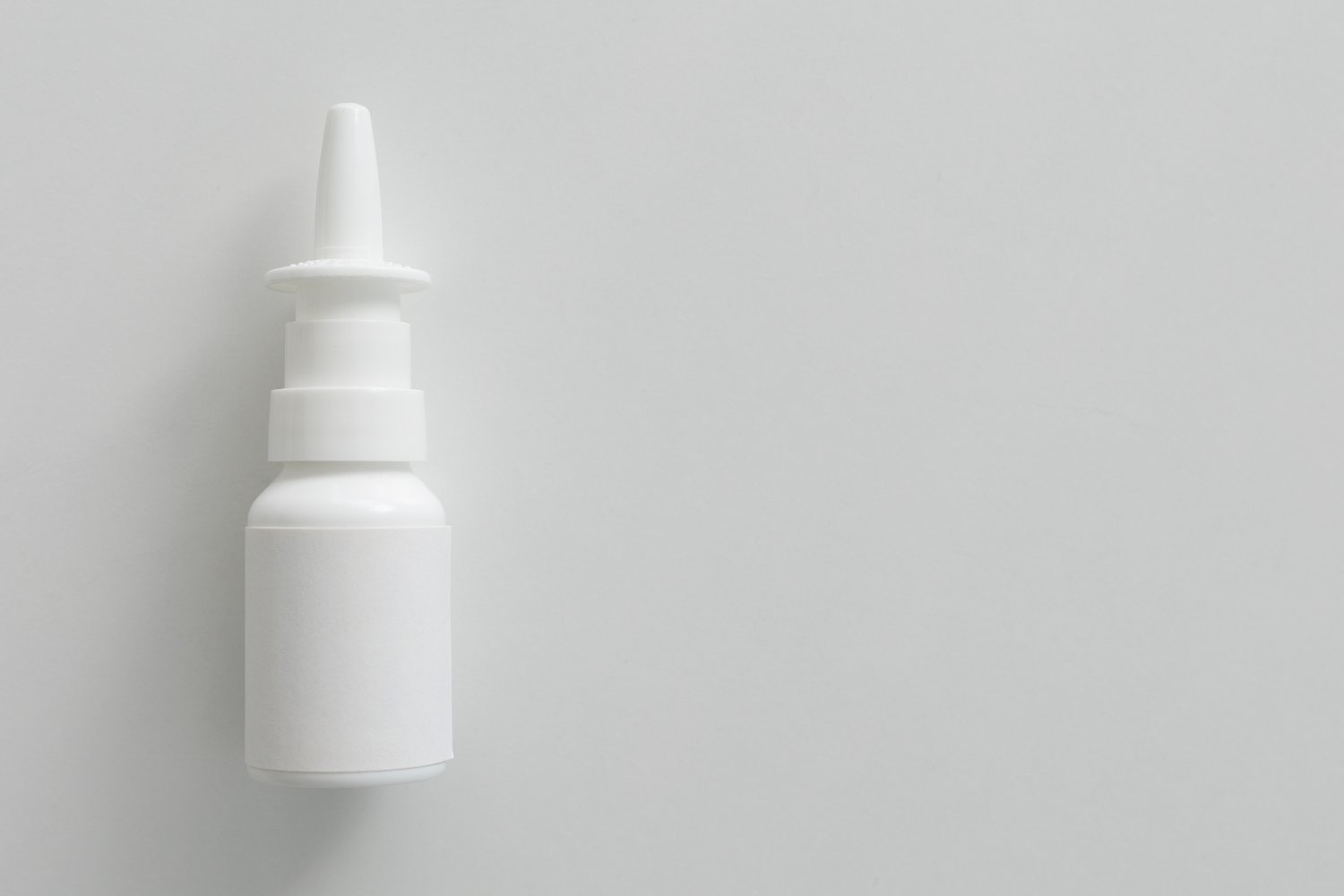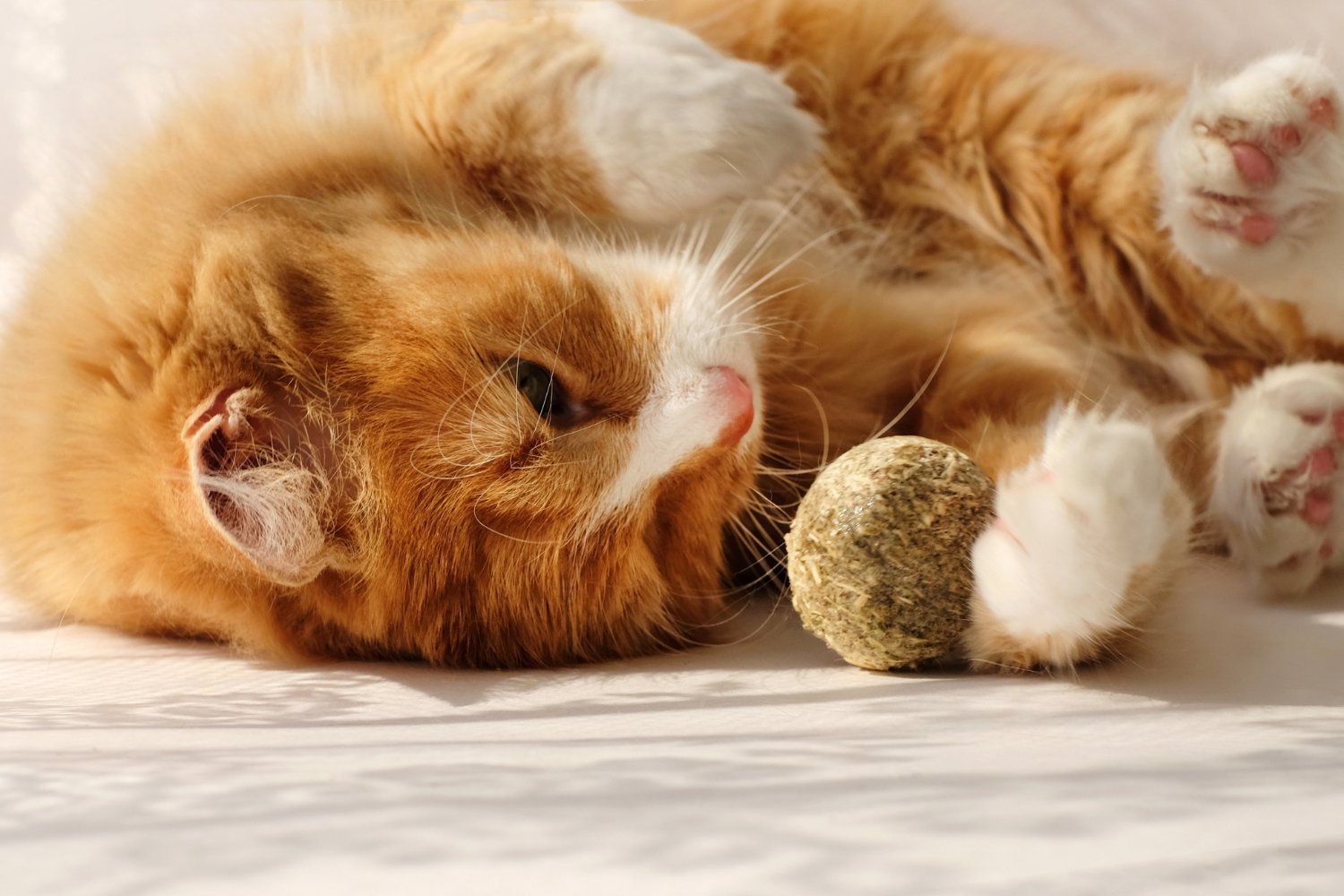Regular blood donation is a life-saving act, but emerging research suggests it could also offer health benefits to the donors themselves. A recent study published in the journal Blood provides early evidence that blood donation may trigger beneficial changes in hematopoietic stem cells (HSCs), the cells responsible for replenishing our blood supply.
The study, conducted by scientists at the Francis Crick Institute and other institutions, examined blood samples from frequent blood donors. Researchers identified genetic mutations in these donors’ HSCs, specifically in a gene called DNMT3A. These mutations, while sometimes associated with clonal hematopoiesis (CH), appeared to enhance the body’s response to blood loss without increasing the risk of blood-related cancers like leukemia. This discovery offers potential insights into the development of such cancers, although further research is needed to confirm whether blood donation actively protects against these conditions.
While the public health value and safety of blood donation are well-established, less research has focused on the impact of frequent donation on donor health, particularly concerning HSCs. To address this gap, the researchers analyzed HSCs from 200 older frequent donors (defined as donating more than 100 times in a lifetime) and compared them to a control group of sporadic donors (less than 10 lifetime donations).
CH, a phenomenon where HSC mutations lead to genetically distinct blood cell populations (clones), becomes more prevalent with age and is typically harmless. However, in rare cases, these clones can carry mutations that increase cancer risk. The researchers found that while the prevalence of CH was similar in both frequent and sporadic donors, the types of mutations observed differed significantly. Frequent donors exhibited mutations, particularly in the DNMT3A gene, distinct from those in the control group.
Subsequent experiments involving CRISPR-edited human HSCs and mouse models indicated that the DNMT3A mutations seen in frequent donors might be advantageous. These mutations seemed to enhance the cells’ ability to regenerate red blood cells under stress conditions mimicking blood loss. Importantly, these mutated HSCs did not exhibit increased growth in conditions mimicking inflammation, a known risk factor for cancerous development. Conversely, HSCs with mutations known to increase leukemia risk showed heightened growth in inflammatory conditions.
These findings led researchers to hypothesize that regular blood donation might provide a “healthy workout” for HSCs, potentially enhancing their resistance to cancer. Senior study author Dominique Bonnet, group leader of the HSC Laboratory at Crick, suggests that activities placing mild stress on blood cell production may promote stem cell renewal and favor mutations that enhance cell growth without leading to disease.
While the researchers caution that more research is necessary to definitively establish the cancer-protective potential of these mutations, their initial findings are promising. Larger studies are planned to further investigate this relationship. Co-lead author Hector Huerga Encabo, a postdoctoral fellow at Crick, emphasizes the ongoing efforts to understand the role of these mutations in leukemia development and explore potential therapeutic targets.
Importantly, the study did not identify any cause for concern for frequent blood donors. If future research confirms a cancer-related benefit, it would add to the existing list of reasons to donate blood. Beyond the altruistic act of saving lives, blood donation has also been linked to a reduced risk of heart attack.



